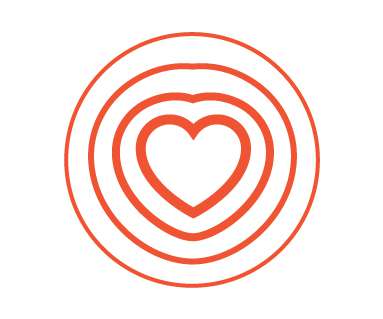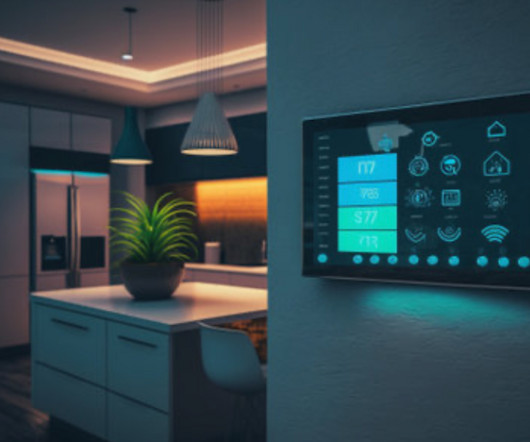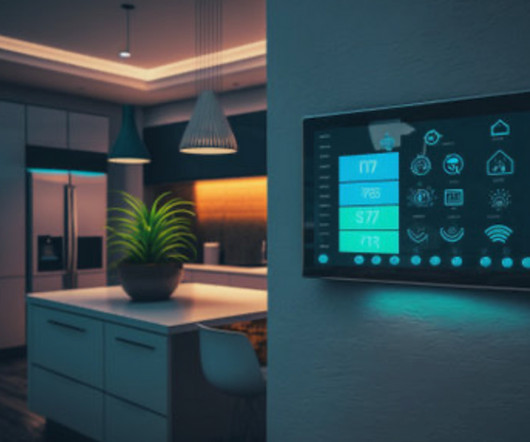Oncology Patients experience a personalized journey with interventions and education for better care
Consumer eHealth Engagement
JANUARY 15, 2019
The National Cancer Institute reports 2017 U.S. According to Deloitte’s report in Evidence Based Oncology ( The American Journal of Managed Care publication), many organizations are exploring ways to control costs and enhance care quality for oncology patients (e.g. How does TapCloud support the oncology patient?













Let's personalize your content